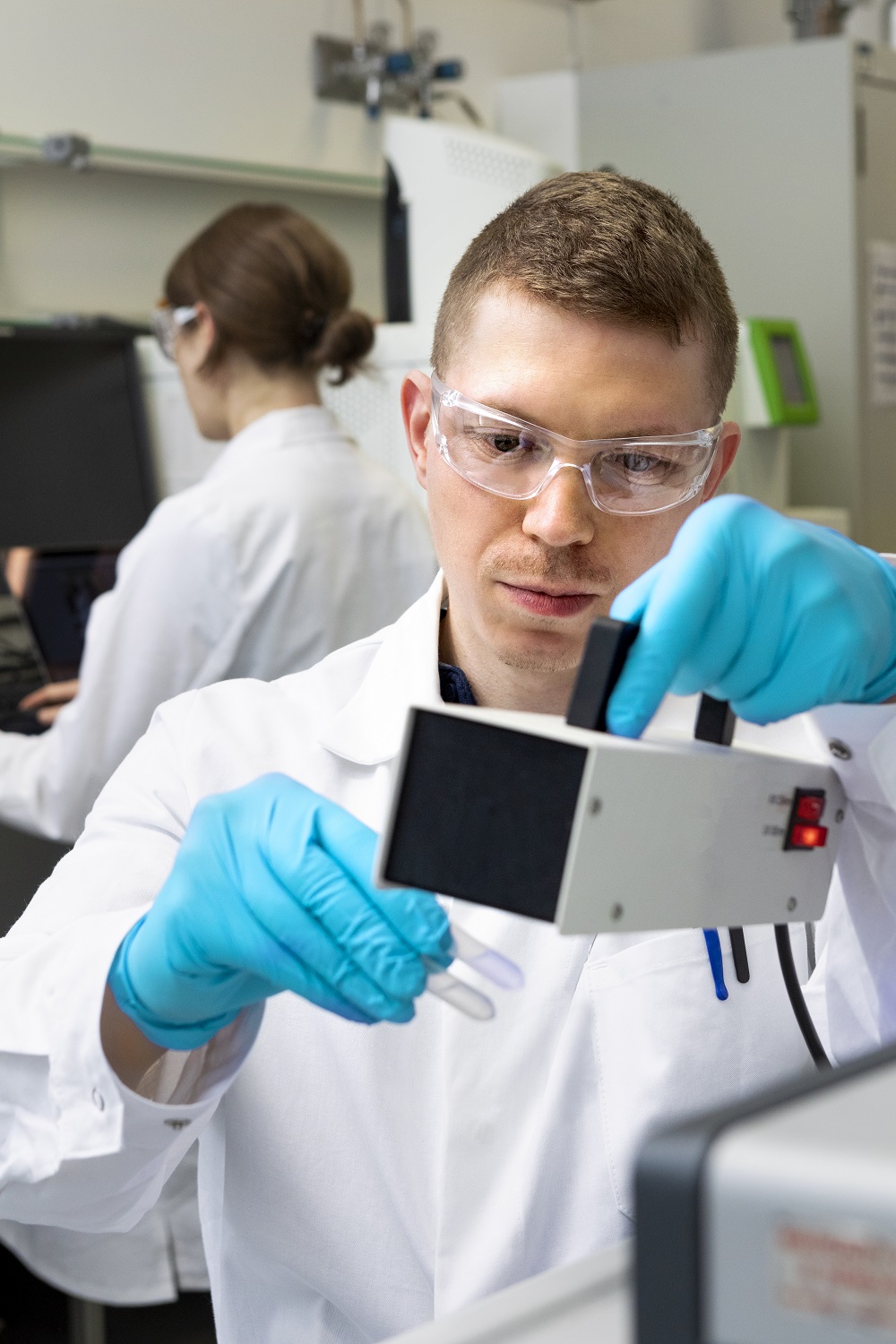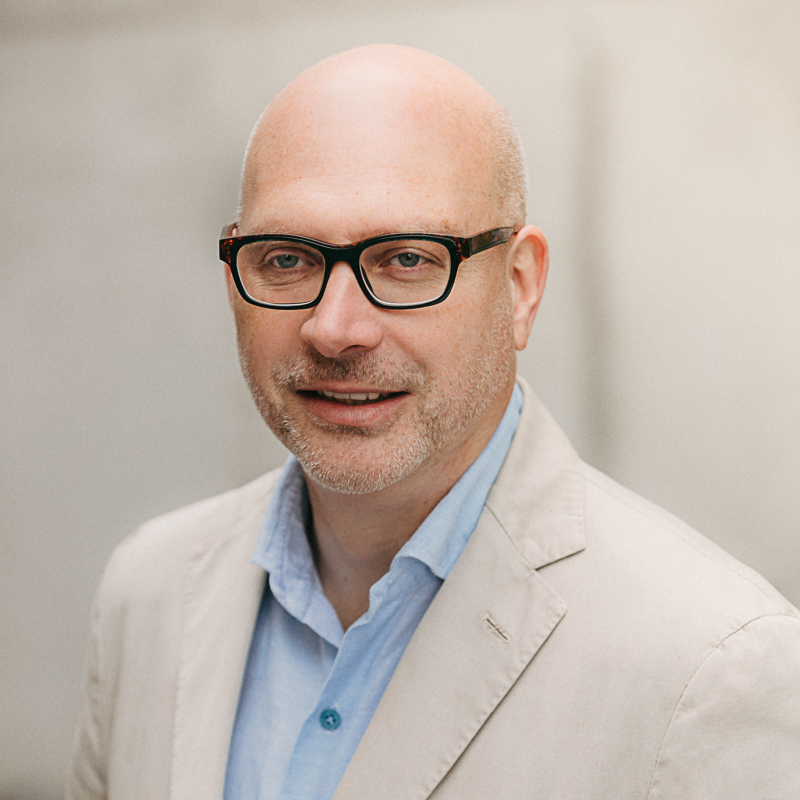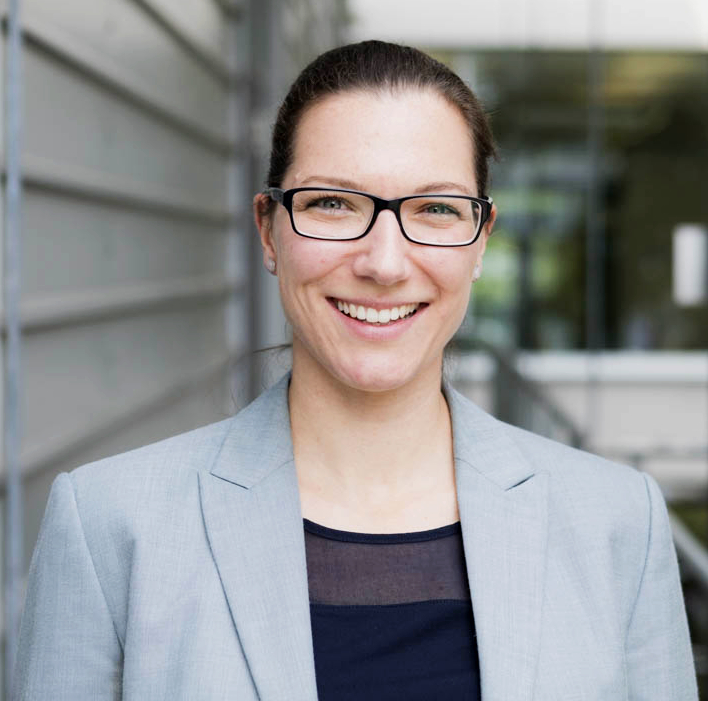Activation of drugs using ultrasound - New Leibniz ScienceCampus in Aachen researches innovative therapeutic options

A new research network is being established in Aachen between the DWI - Leibniz Institute for Interactive Materials, RWTH Aachen University Hospital and RWTH Aachen University: In this initiative, the so-called Leibniz ScienceCampus "ACTISONO" (Sonopharmacology - Activation of drugs by ultrasound), researchers from chemistry, biology, medicine and engineering will develop novel technologies for the activation of active pharmaceutical ingredients using ultrasound in an innovative project structure. At its meeting on March 19, 2024, the Senate of the Leibniz Association voted in favor of establishing the first ScienceCampus in Aachen. The researchers will initially work together for four years. The total funding amounts to around 3.6 million euros.
The scientists' vision and goal is to use ultrasound as an external trigger to control the activity of different classes of active substances. In this way, they hope to create new possibilities in the treatment of diseases such as bacterial infections or liver damage. In the future, patients should be able to administer drugs precisely in the regions of the body where they are needed in order to minimize side effects.
"We are delighted to have the opportunity to shape a new interdisciplinary field of research through the Leibniz ScienceCampus. With our project, we want to train new specialists and contribute to the well-being of patients," says Professor Andreas Herrmann, spokesperson for the Leibniz-WissenschaftsCampus and Scientific Director of the Leibniz Institute in Aachen.
In addition to the development of the various chemical-medical drug carriers, another important focus is on investigating their safety for possible later use in patients. In addition, one project area is dedicated to the development of highly specialized ultrasound technology, which is required for the project.
"The new Leibniz ScienceCampus makes an important contribution to the pioneering work of transformative medical materials from Aachen," says Professor Stefan Uhlig, Dean of the Faculty of Medicine at RWTH Aachen University. Aachen has a long tradition and expertise in the development of novel transformative biomedical materials, which will also be bundled in a new Cluster of Excellence.
The mission of the planned Cluster of Excellence "Transformative Medical Materials: Design, Production, Translation" (TransMedMat) is to usher in a new era of medicine. This is to be made possible through the development and application of novel transformative biomedical materials. These materials are capable of adapting to biological interfaces and interacting with them in the human body. The German Research Foundation and the German Council of Science and Humanities have now invited Professor Fabian Kiessling and Professor Laura De Laporte, as spokespersons of TransMedMat, to prepare a corresponding full proposal for funding under the Excellence Strategy. The two scientists are also part of the ACTISONO research consortium.
"The Leibniz ScienceCampus 'Sonopharmacology' is an excellent fit for the RWTH campus. It not only expresses the networking strength of all partners, it also stands for our strategy of focusing even more strongly on the life sciences. The fact that we can now submit a further cluster application to the Excellence Initiative with TransMedMat shows the strengths we have already developed in this area and want to build on," says Professor Ulrich Rüdiger, Rector of RWTH Aachen University.
Leibniz ScienceCampi enable Leibniz institutions and universities to collaborate on specific topics in the sense of a regional partnership. The aim is to create networks in order to further develop the respective research area and strengthen the scientific environment. Leibniz ScienceCampi conduct strategic research, promote interdisciplinarity in topics, projects and methods, make the respective location visible in the respective subject area and strengthen its research profile.


